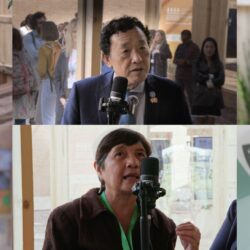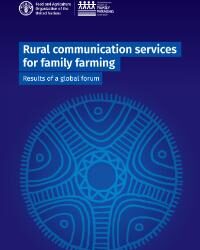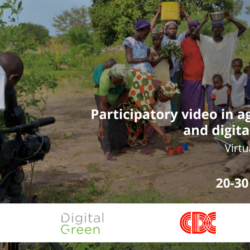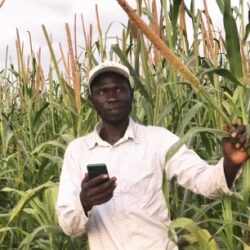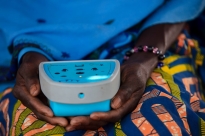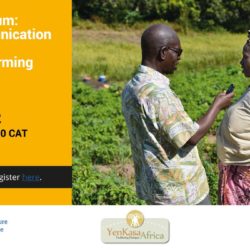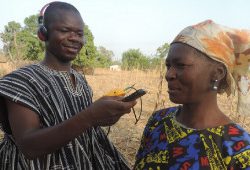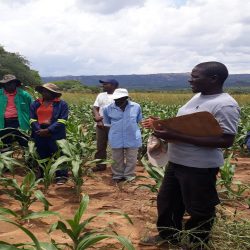FAO launches ‘Voices for Change’ video series to amplify perspectives on family farming
FAO has launched the“Voices for Change” video series, a collection of interviews and insights from key stakeholders at the Global Family Farming Forum (GFFF), held in October 2024. The GFFF, hosted at FAO Headquarters in Rome, brought together over 400 participants from different regions to discuss policies, innovations, and challenges affecting family farmers. The “Voices for Change” videos capture the essence of these discussions, showcasing the resilience, knowledge, and contributions

